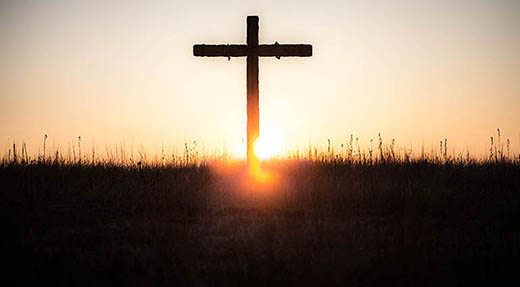Do You See Your Calling?

Our calling is not primarily to be holy men and women, but to be proclaimers of the gospel of God. The one all-important thing is that the gospel of God should be recognized as the abiding reality. Reality is not human goodness, or holiness, or heaven, or hell— it is redemption. The need to perceive this is the most vital need of the Christian worker today. As workers, we have to get used to the revelation that redemption is the only reality. Personal holiness is an effect of redemption, not the cause of it. If we place our faith in human goodness we will go under when testing comes.
Paul did not say that he separated himself, but “when it pleased God, who separated me…” (Galatians 1:15). Paul was not overly interested in his own character. And as long as our eyes are focused on our own personal holiness, we will never even get close to the full reality of redemption. Christian workers fail because they place their desire for their own holiness above their desire to know God. “Don’t ask me to be confronted with the strong reality of redemption on behalf of the filth of human life surrounding me today; what I want is anything God can do for me to make me more desirable in my own eyes.” To talk that way is a sign that the reality of the gospel of God has not begun to touch me. There is no reckless abandon to God in that. God cannot deliver me while my interest is merely in my own character. Paul was not conscious of himself. He was recklessly abandoned, totally surrendered, and separated by God for one purpose— to proclaim the gospel of God (see Romans 9:3).
WISDOM FROM OSWALD CHAMBERS
The Bible is the only Book that gives us any indication of the true nature of sin, and where it came from. The Philosophy of Sin, 1107 R








